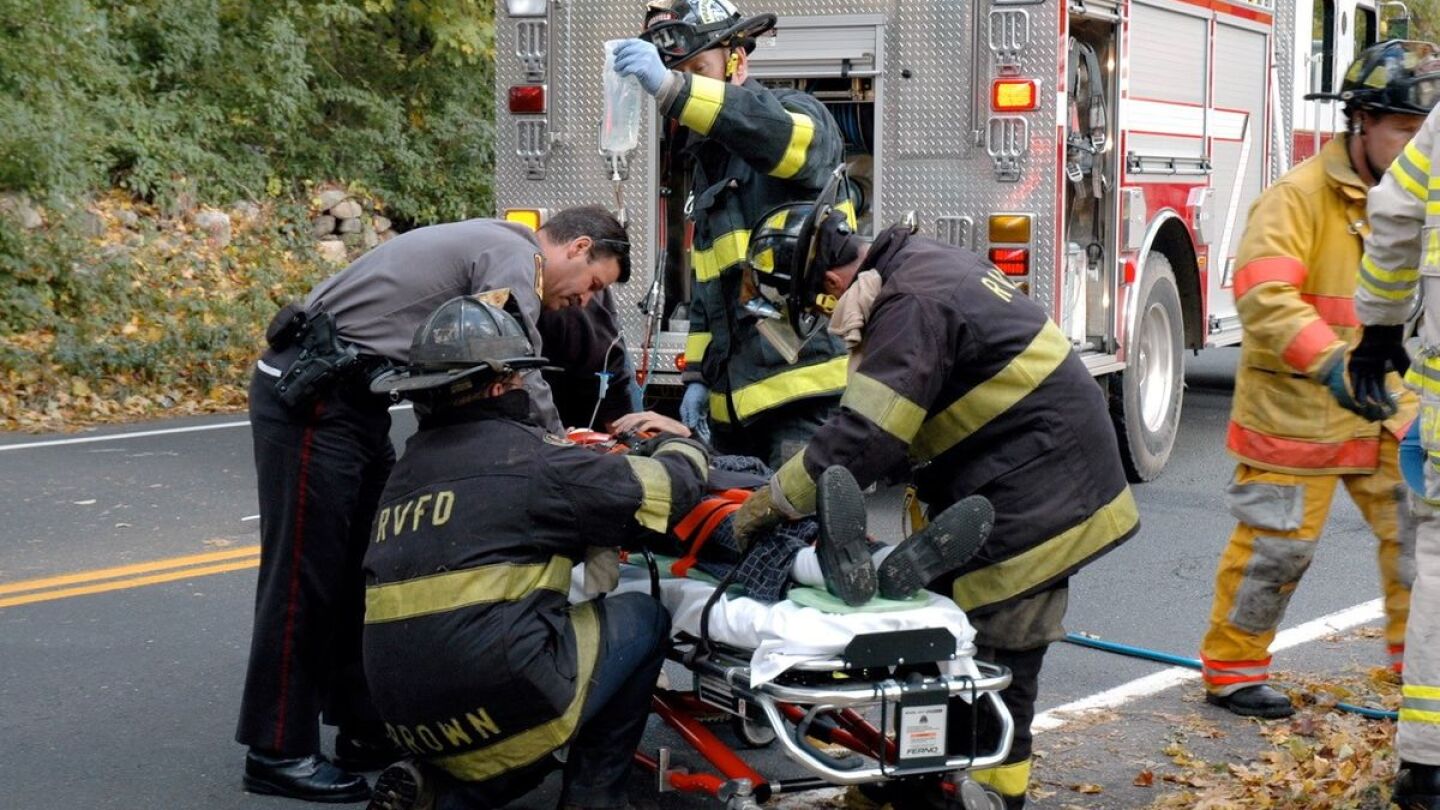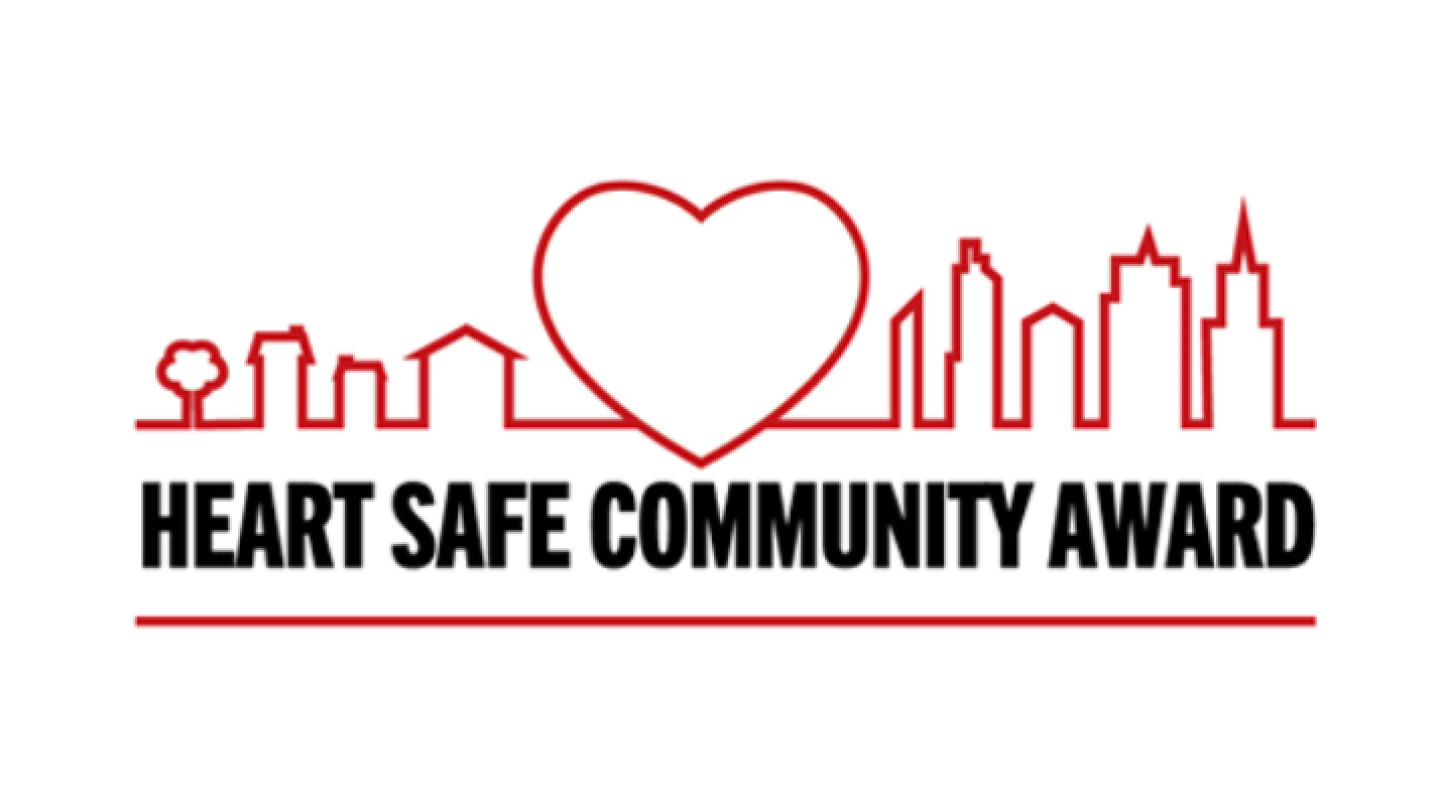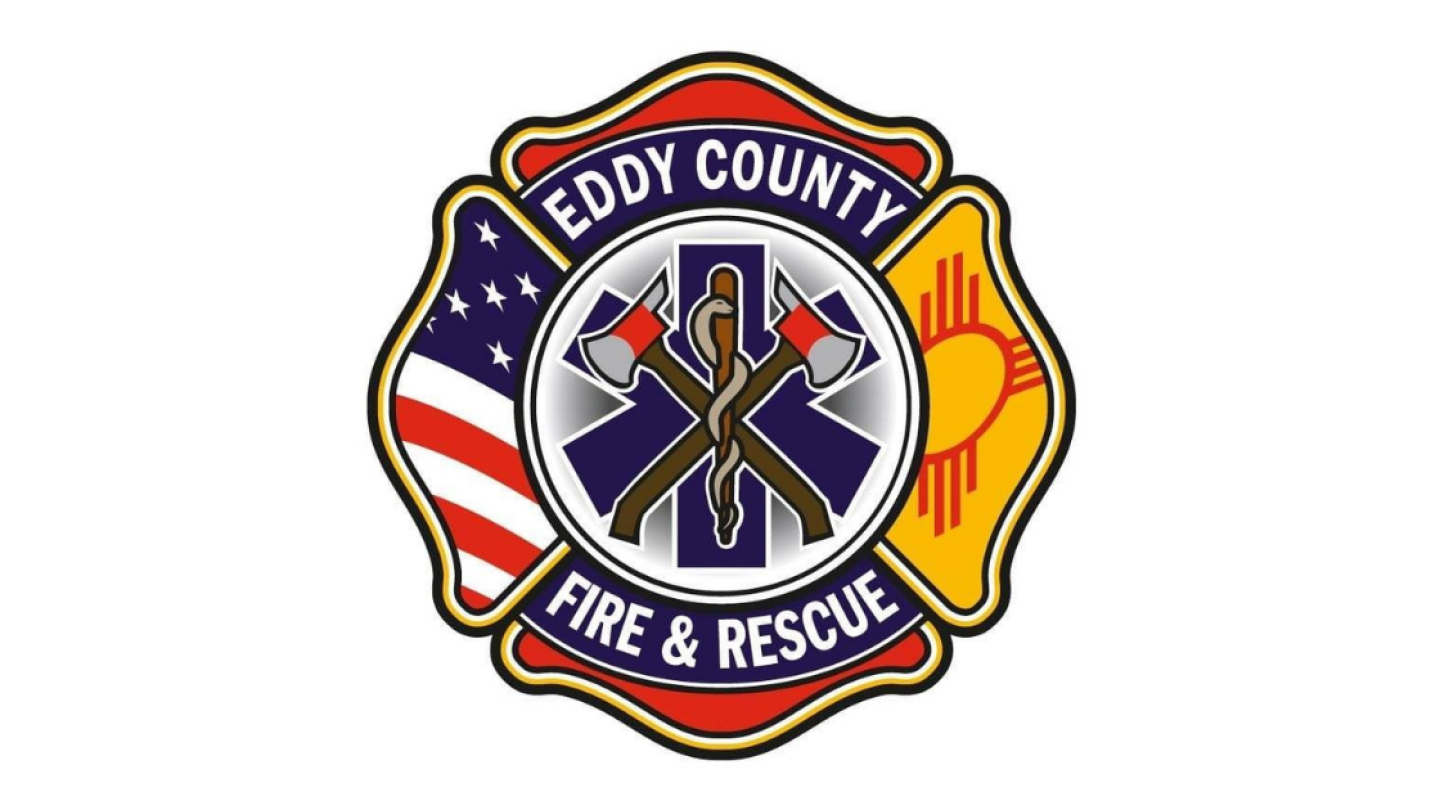Cardiac Care
Explore our comprehensive directory of articles on Cardiac Care in EMS, tailored to support professionals in assessing, treating, and managing cardiac emergencies. This collection covers essential topics such as ECG interpretation, advanced cardiac life support (ACLS), and the latest heart attack and arrhythmia management protocols. Mastering cardiac care is crucial for improving patient outcomes in life-threatening situations. For related content, check out our resources on Emergency Medical Procedures. Stay informed and enhance your skills in cardiac care with our expert-driven content.
Follow these EMS tips to measure mean arterial pressure, monitor sepsis, rule out DKA and ensure high-quality CPR
Try these six tips to take some of the pressure off of getting a blood pressure
Be prepared for the unique challenges of law enforcement officers wounded on the job
Young adults with prediabetes were also more likely to have high cholesterol and obesity, the researchers found
Firefighter Anthony Mendez assisted in performing CPR on Patrick McCarthy, 72, before EMS providers arrived on scene
An overview of the current evidence.
Plant City Fire Rescue responded to a call at an assisted living facility and found that Celeste Salanitri had a weak pulse and shallow respiration
Crossville-Cumberland County Emergency Communications Dispatcher Kelli Billingsley told the family how to start CPR before EMS providers could arrive
EMS providers were ready at the shore, but as they transported the patient, she stopped breathing again and they had to stabilize her
The rise in death notifications during the COVID-19 pandemic has highlighted the lack of training and impact on EMS provider burnout
Follow these steps to define roles, identify and mitigate hazards, and work toward the best possible patient outcome
Examining the evidence for managing intubation attempts, PEA and ETCO2 for out of hospital cardiac arrest
Pediatric patients are not tiny adults; refresh your knowledge of pediatric blunt trauma and take a quiz to check your knowledge
The award recognizes agencies that have demonstrated creative approaches to improving therapies for patients with Acute Coronary Syndromes and sudden cardiac arrest
We do everything we can in the hope we’re wrong about what is happening to the smallest of victims
Hope Fire Company Chief Isaac “Dave” Hassen Sr. previously worked as a medic and as a police officer
Download the eBook to learn how the technology has advanced and why it represents the best available mode for patient care today
The Ohio Revised Code had been expanded to let physician assistants and some nurses sign the orders but did not let EMS providers abide by them
A simple framework for an EMT skills competency portfolio
A $100M wrongful death lawsuit has been filed against the Rialto FD following medics’ refusal to enter a care facility to treat a man in cardiac arrest
The new content covers field triage, acute events in infants, cardiac arrest and trauma MCIs
The 2022 ESO EMS Index also showed an increase in stroke assessment performance, and that most patients were transported without lights and siren
Researchers who combed through a national EMS database found that the disparities are similar to those involving adults
“Take CPR classes, because you can save lives with them,” said Bob Odenkirk, who suffered a heart attack and was transported to a hospital last year
“The deputies are not EMTs or paramedics, but these devices cannot do the patient any harm,” said Morgan County Safety Coordinator Jonathan Warner
When Steven St. Germaine went into cardiac arrest, PRIDEStar paramedics rushed from their station across the street to render aid
NREMT is discontinuing the ALS psychomotor exam. That’s a good thing, if you let it be
Paramedic Derek Smith testified that officers did not say that Floyd wasn’t breathing and had no pulse
The approval for new AEDs, cardiac monitors and CPR devices follows an inspection showing that most Eddy County fire vehicles lacked working AEDs
Two METZ Medical Transport employees were injured but in stable condition following the incident
Wayne Kewitsch and Johanna Moore dig into improving SCA survival and neurological outcomes






























